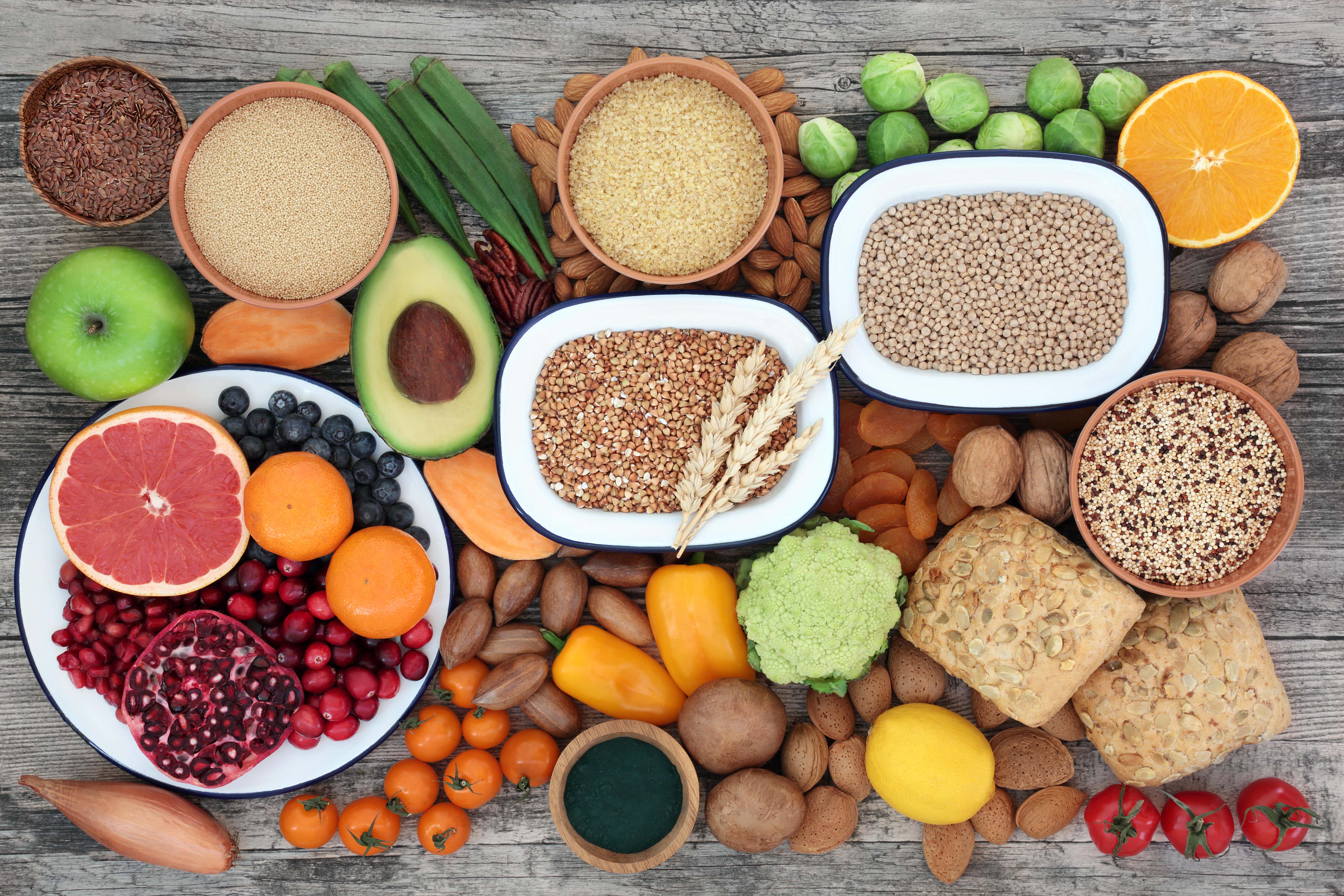A diet rich in fruit and vegetables and low in meat and dairy could prevent around 15 million deaths across the globe each year, new analysis shows.
The planetary health diet is linked to a 27 per cent reduced risk of premature death, as well as lower levels of heart disease, cancer, diabetes and other chronic diseases, a report from 2025 Eat-Lancet Commission said.
This diet is mostly made up of whole grains, fruit, vegetables, nuts and legumes such as lentils and kidney beans, with only moderate or small amounts of fish, dairy and meat.
Researchers wrote: “At present, all national diets deviate substantially from the planetary health diet, but a shift to this pattern could avert approximately 15 million deaths per year (27 per cent of total deaths worldwide).
“Such a transition would reduce the rates of many specific non-communicable diseases and promote healthy longevity.”
Experts pointed to environmental benefits of the diet, saying it could reduce demand for resource-intensive foods such as red meat, thereby cutting greenhouse gas emissions and land and water use.

The diet recommends people eat whole grains (around 150g or three to four servings per day), fruit and vegetables (500g or at least five servings per day), nuts (25g or one serving per day), and legumes (75g or one serving per day).
It can include moderate intake of animal foods such as red meat (up to 200g or one serving per week), poultry (up to 400g or two servings per week), fish (up to 700g or two servings per week), eggs (3-4 per week), and dairy (up to 500g per day or one serving of milk, yoghurt or cheese per day).
The diet also calls for limiting added sugars, saturated fats and salt – often found in processed foods.
Dr Helen Croker, assistant director of research and policy at the World Cancer Research Fund, said: “The commission provides welcome clarity on the vital challenge of supporting healthy diets which are sustainable and accessible to all globally.
“The planetary health diet set out in this report is associated with improved health outcomes – and research that we have funded also supports such a diet for people after a cancer diagnosis.
“It’s heartening that healthy diets can align with the most sustainable globally, but now we need to see countries implementing policies to improve access to them.”
The Lancet report found that current global food systems contribute to 30 per cent of greenhouse gas emissions and are the largest driver of “planetary boundary transgressions” through their impact on climate, biodiversity, freshwater consumption and changes in how land is used.
Planetary boundaries are defined as the thresholds that keep the “life support” system of the planet – which humans rely on – stable and healthy.
Researchers said that, although there is enough food produced globally, almost half of the world’s eight billion people (about 3.7 billion) do not have reliable access to healthy food, a clean environment, or earn a living wage.
The diets of the wealthiest 30 per cent of the global population are responsible for approximately 70 per cent of the overall environmental pressures caused by food systems, they added.

“Transforming food systems is a significant environmental and social challenge, but it is a precondition for us to have a chance of returning within a safe climate system and a healthy planet,” said Johan Rockstrom, commission co-chairman and director of the Potsdam Institute for Climate Impact Research.
“How we produce and consume food affects the air we breathe, the water we drink, the soil that grows our crops, and the health and dignity of workers and communities.”
The findings suggest if the entire world shifted to the planetary health diet and there were strong climate policies to reduce emissions across all sectors, greenhouse gas emissions could drop by more than half – equivalent to removing emissions from all coal-fired power plants globally.
The commission also called for action to protect remaining forests, wetlands, and other natural habitats to preserve biodiversity.
The report said governments can take action to promote healthy food, including through taxes on unhealthy products, while offering subsidies for fruit and vegetables.
Line Gordon, commissioner and director of the Stockholm Resilience Centre at Stockholm University, said: “The private sector can play a crucial role in transformation, but an effective food system transformation needs to ensure that decision-making is for the public good and protected from undue corporate influence.”




